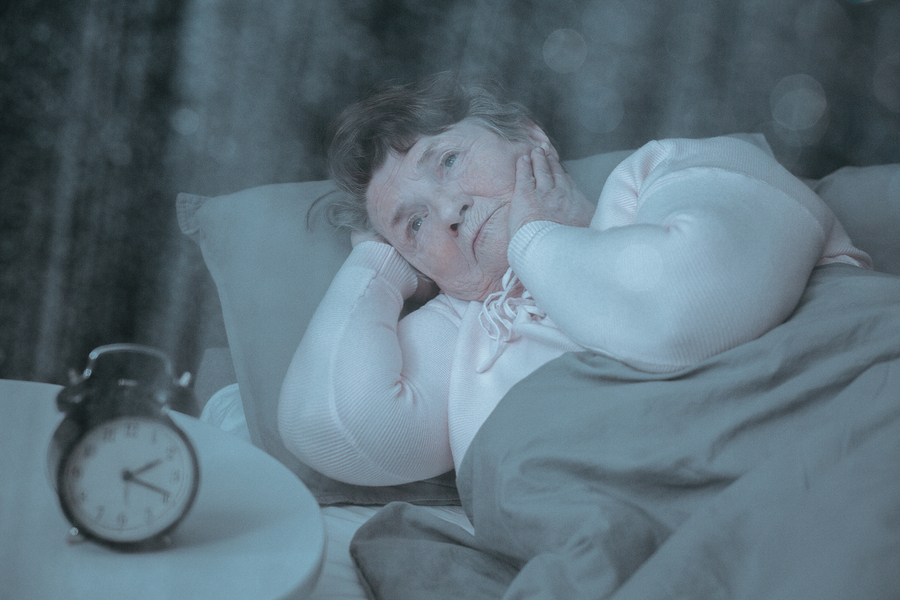New findings published in the journal Neuron have found that older brains may forget more because they lose their rhythm at night, “during deep sleep, older people have less coordination between two brain waves that are important to saving new memories.” The study was the result of an effort to understand how the sleeping brain turns short-term memories into memories that can last a lifetime. 1
RELATED STORY:
The BIG question
This new finding seems to answer a question researchers have long had: how does aging affect memory in people who do not have Alzheimer’s or some other brain disease? But, in order to confirm the findings, researchers needed to show it was possible to cause memory problems in young brains by disrupting these rhythms.
Matt Walker, one of the paper’s authors and a professor of neuroscience and psychology at the University of California, Berkeley, and his team had 20 young adults learn 120 pairs of words. Next, they put electrodes on their head (to monitor electrical waves produced by the brain during sleep) and had them go to sleep. The team focused their attention on the interaction “between slow waves, which occur every second or so, and faster waves called sleep spindles, which occur more than 12 times a second.”2
RELATED STORY:
After a night’s sleep, researchers had the volunteers take a test to see just how many word pairs they could still remember. And what they found was that their performance was directly related to how well their “slow waves and spindles had synchronized during deep sleep.”3
The experiment was then repeated with 32 people in their 60s and 70s. Researchers found that their brain waves were less synchronized during deep sleep and they remembered fewer word pairs the next morning.
Walker said,
“When those two brain waves were perfectly coinciding, that’s when you seem to get this fantastic transfer of memory within the brain from short term vulnerable storage sites to these more permanent, safe, long-term storage sites.”4
A likely reason that older brains lack the of coordination of brain waves is that as we age, the part of our brain that involves the production of deep sleep naturally begins to atrophy (and, people with more atrophy had less rhythm in the brain). And this atrophy can be much worse in people with Alzheimer’s.
RELATED STORY:
However, Walker’s study also seemed to suggest that “it’s possible to improve an impaired memory by re-synchronizing brain rhythms during sleep,”5 and Walker has plans to test that by applying electrical or magnetic pulses through the scalp.
The brain is an amazing organ and this is promising news- after all, sleep is so vital to health.
XO- Erin












